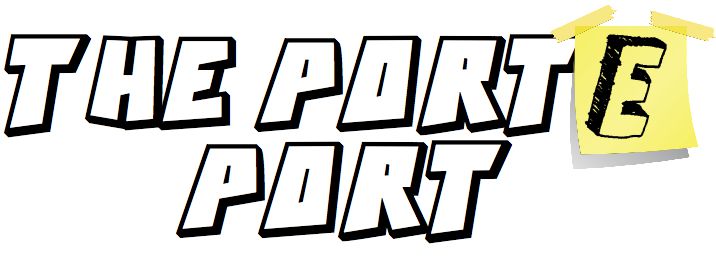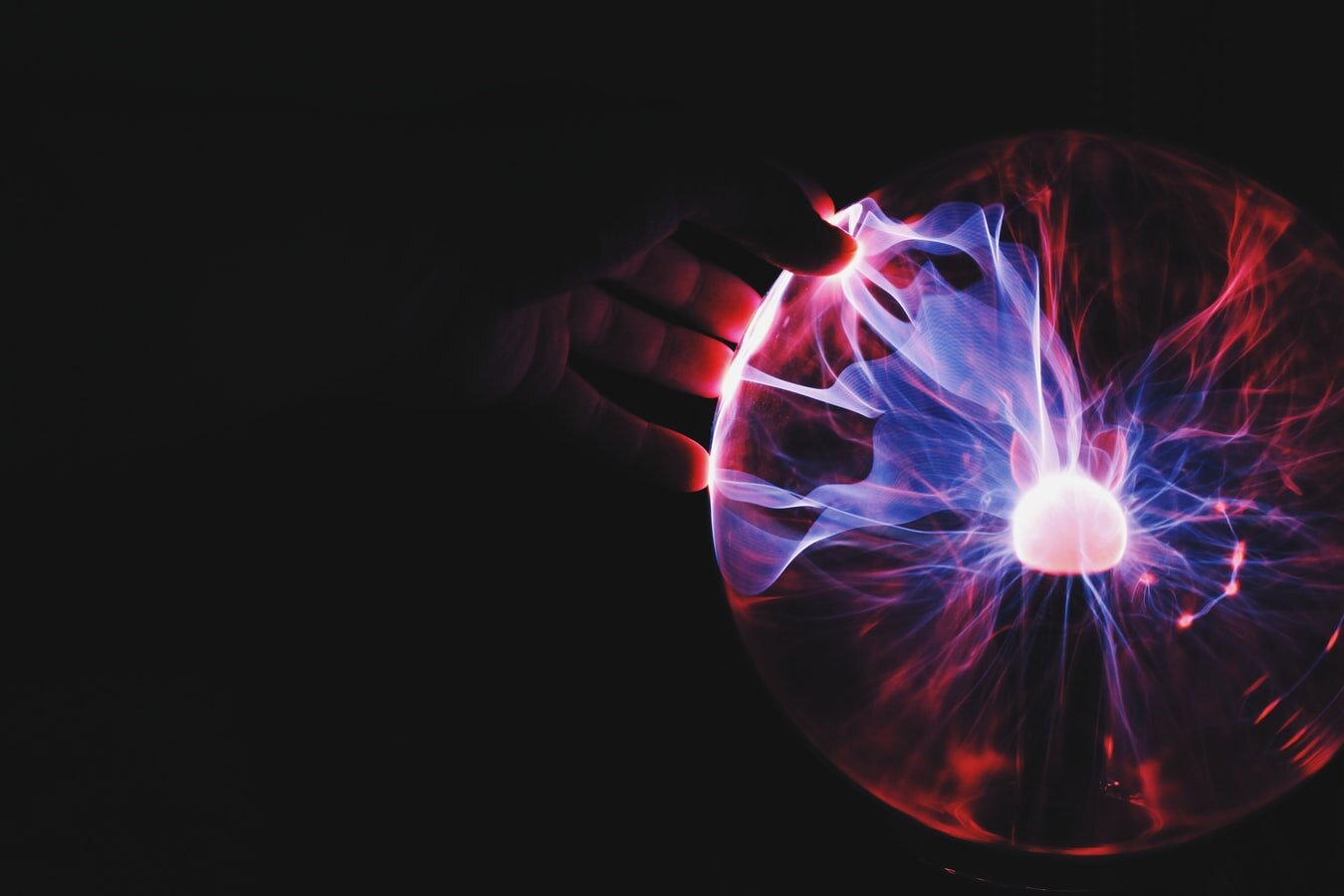Rian Johnson and Imperfect Characters
Everyone knows Superman right?
He’s one of the most iconic characters of all time. He's pretty much the embodiment of the idealized American spirit, or some crap.
Talk about an unrealistic body image.
He can fly, he can throw cars over buildings, and God help you if you try to shoot him. On top of all that, he shoots frickin' laser beams out of his frickin' head.
The only thing that weakens him is a very specific space rock, and magic, I guess. When he flies into the situation, you know things are going to get handled.
Which is why it's difficult to write gripping stories for Superman.
The audience knows he's going to pull through. This is a problem with most superhero stories, honestly, and Superman is probably the worst offender.
How do you write stories for someone who can't lose?
This is why I'm a Batman fan. He's pretty messed up, and he's just a guy in a suit, so there's danger to what he does.
I'm sorry other Batman fans, can we be realistic right now and admit that if Superman really wanted to, Batman would be toast. Literally, thanks to the aforementioned laser eyes.
Superman comes down to Batman’s level cuz…reasons.
This is why most Superman movie appearances fail to inspire. Ultimately, you have an overpowered character that has very specific weaknesses. It's hard to make new stories without going back and changing fundamental things about the most iconic character of all time.
Good characters are flawed. Why? Because everyone has flaws.
If a character can do anything and everything, they become stale very quickly, and the story gets boring. There's nothing to connect to.
I wrote earlier about how icons need to be broken, legends need to have their dark sides, and heroes need to make mistakes.
Thinking back to The Last Jedi and rewatching Looper, Rian Johnson creates great examples of protagonists that are ambiguously good. Both morally and practically.
Looper and Writing Internal Conflict
Characters have flaws but that jacket sure doesn’t
How many times have you wished you could go back and tell your younger self not to be so stupid?
The dynamics of Looper make it possible. Also, your future self is Bruce Willis, congrats!
The most interesting part of the whole crazy plot to me is the fact that two different actors are playing the same character, at the same time, from two different parts of their life.
Having a character interact with themselves is the perfect way to explore the flaws and weaknesses of that character. And if your future self is Bruce Willis you will have some questions, I'm sure.
Looper also adds the dynamic of one actor being the protagonist (Joseph Gordon-Levitt) and the other is the antagonist (Bruce Willis). The same character is both, let that sink in for a moment.
Rian Johnson knows there's more to people than good or evil. Everything has a reason for being. Everyone has a story.
The terrible warlord from the future in the movie was a child once.
Bruce Willis was saved by a woman who was killed by that warlord's regime.
His younger self, Joseph Gordon-Levitt, sold out his friend to keep some money for himself. Yet, he's protecting this not yet warlord child from his future, hell-bent self.
Things suddenly become far less cut and dry.
This takes an even more interesting turn when you realize that Bruce Willis created the warlord in the first place, thanks to his actions.
It's round and round. Violence causing more violence. It's messy, just like life.
Who's the bad guy here? Is there one?
The Last Jedi and Writing Failed Legends
Wow these last few years have been sweaty
Speaking of iconic characters, Luke Skywalker has represented the good guy protagonist since the '70s.
In Return of the Jedi, he spares his father's life, redeeming the most iconic villain ever, all in a matter of minutes.
This is after he, a farm kid nobody, blew up the Death Star, trained for, like, two days with Yoda, saved his buddy Han Solo out of a nearly impossible situation, and, even though he used a lot of anger to take down Vader, resisted falling to the dark side.
How nice. The good guy saves the day again.
Things get interesting when Rian Johnson gets a shot at Star Wars.
Hate me all you want. I fucking love The Last Jedi.
And Luke’s story is a major reason.
Thirty years go by, and the legendary Luke Skywalker has made mistakes. He becomes relatable again in a fresh way.
There's complexity to the character that shows that you don't just make one decision for good or evil and that's what you are for the rest of your life.
You make new choices every day. That's realistic. That's human. Luke Skywalker is more real than he ever was.
Kylo Ren shares similar characterization. He's not this evil one-dimensional character. He has complexity that dives deep into his past.
We want him to be redeemed. There's something naive about him. There's something that may be worth saving, and when Rey sees this too, we can understand it.
Characters are something more than simply good or bad.
Deep characterization thrives in the mistakes a character makes and the choices they wish they could take back.
If you were disappointed in what Rian Johnson did with The Last Jedi, then I encourage you to look back to Looper and see the complexity of the characters come out. You will have a better understanding of what he is trying to do in Star Wars.
He wants to make great characters. I'm down with that.
And you should add that to your characters.
Why is your villain the way they are?
Is there something understanding behind the actions they take?
What flaw is standing in the way of your hero?
Will that be their downfall or will the overcome it?
If everything is taken away from your protagonist, will they still fight the good fight?
Or will they fall, becoming the very thing they once stood against?
Story is about change. And you can’t have character change without dynamic characters.
Make them imperfect. Mold them in the story you’re telling.
If you want more geeky storytelling tips that help transform your writing, sign up for my newsletter. Which is a lame thing to call the emails where will geek out about our favorite movies, books, shows, and games. Check it out:










